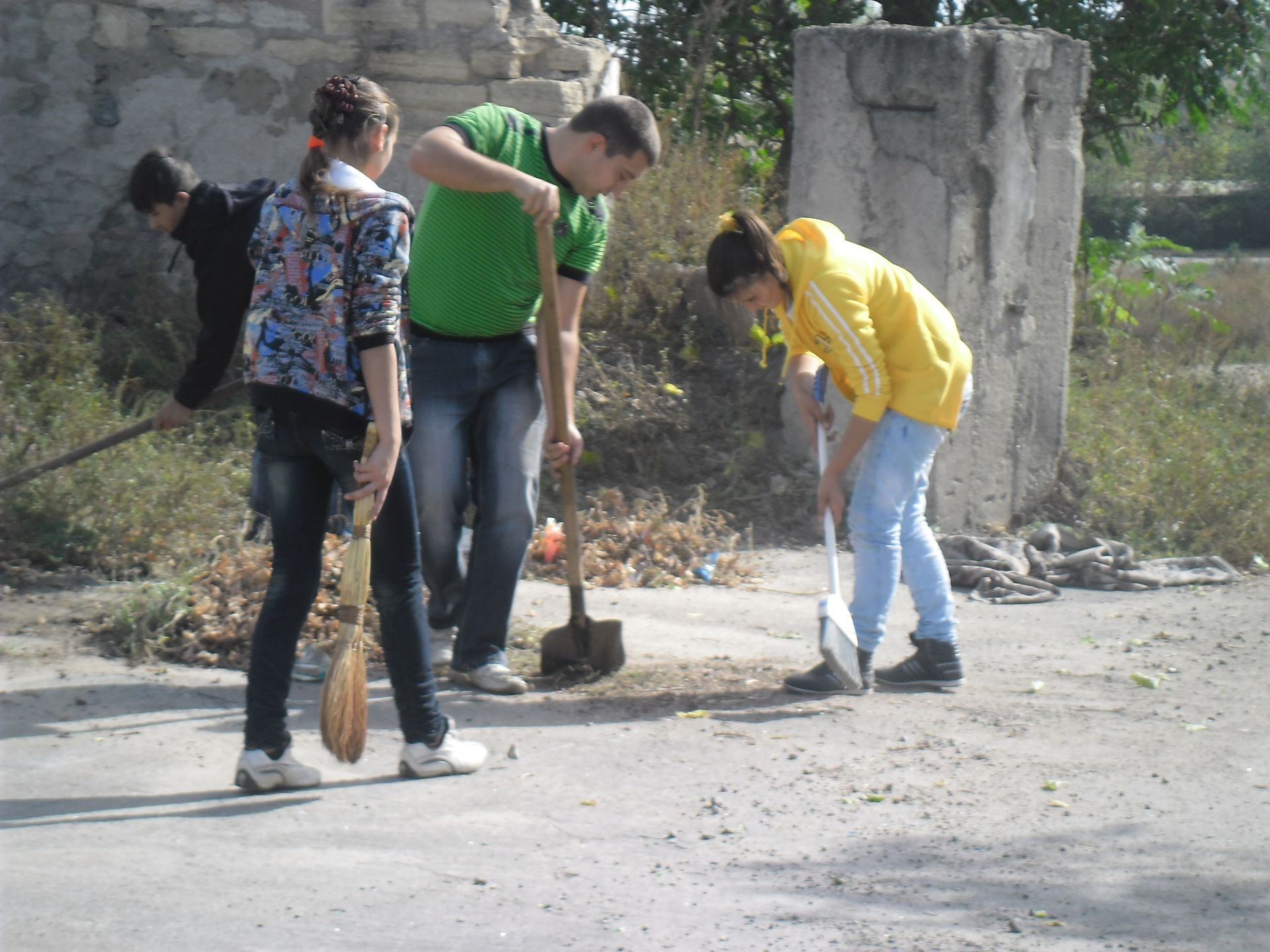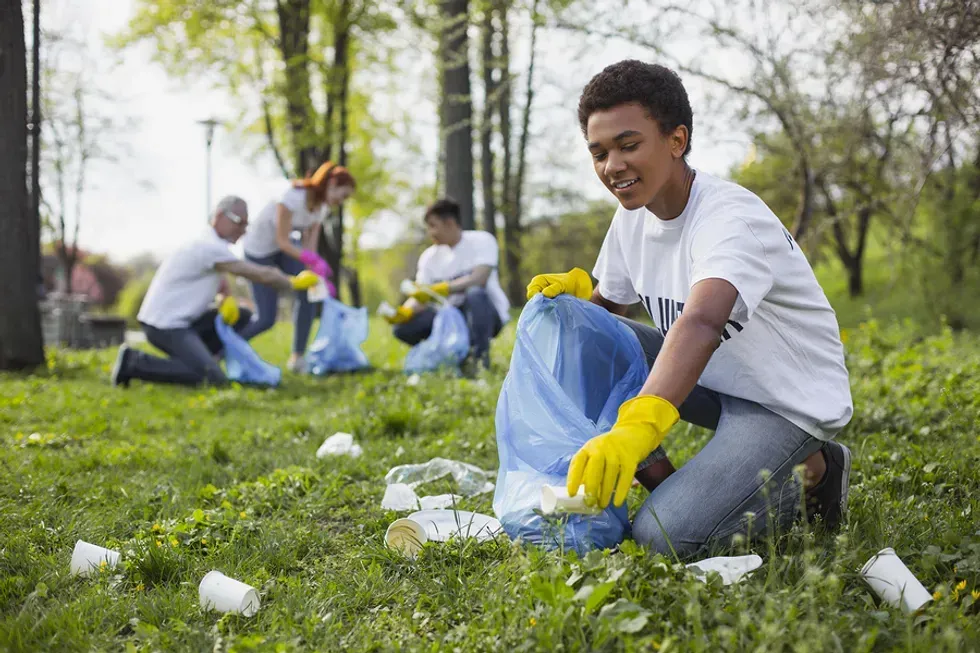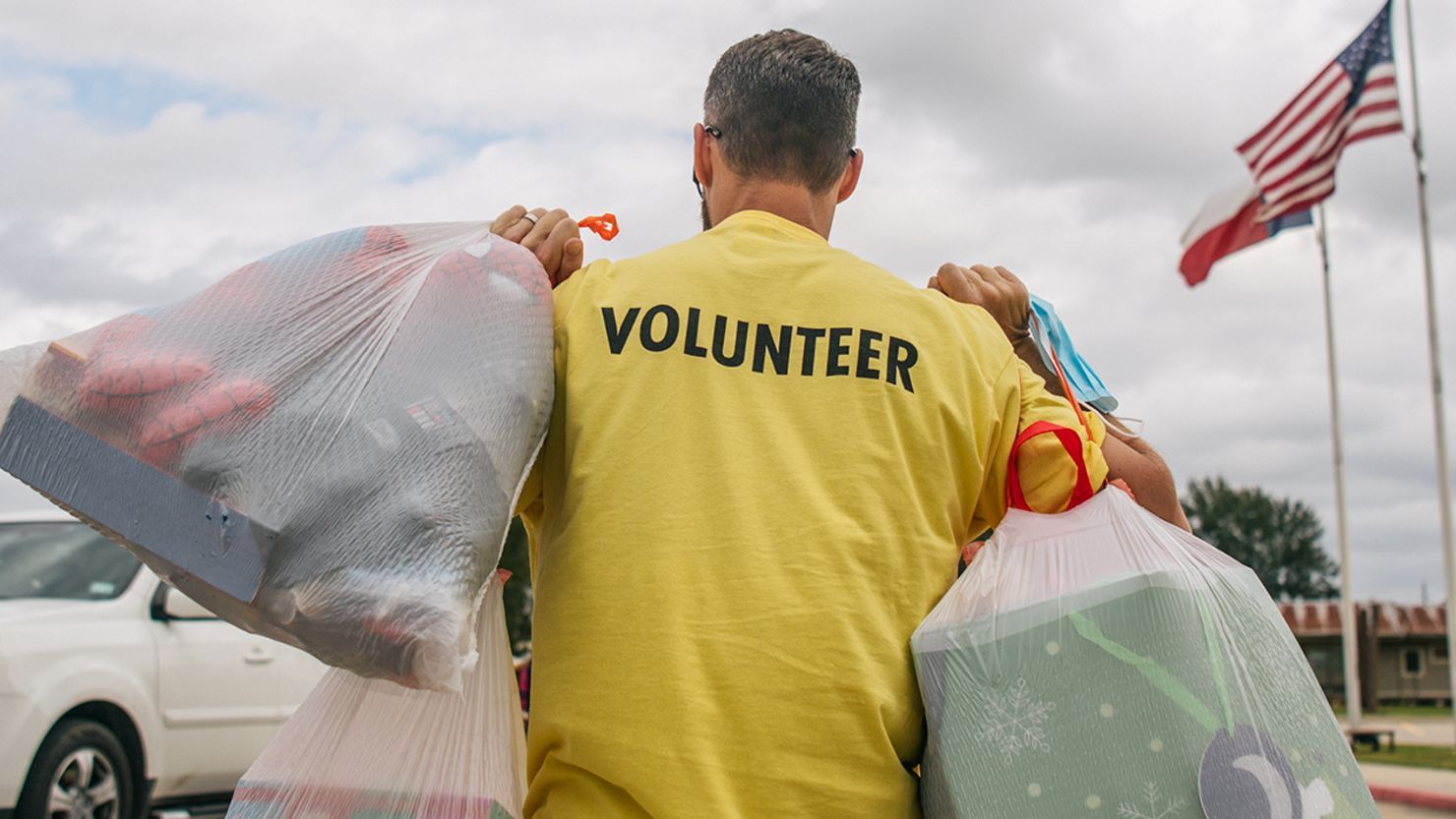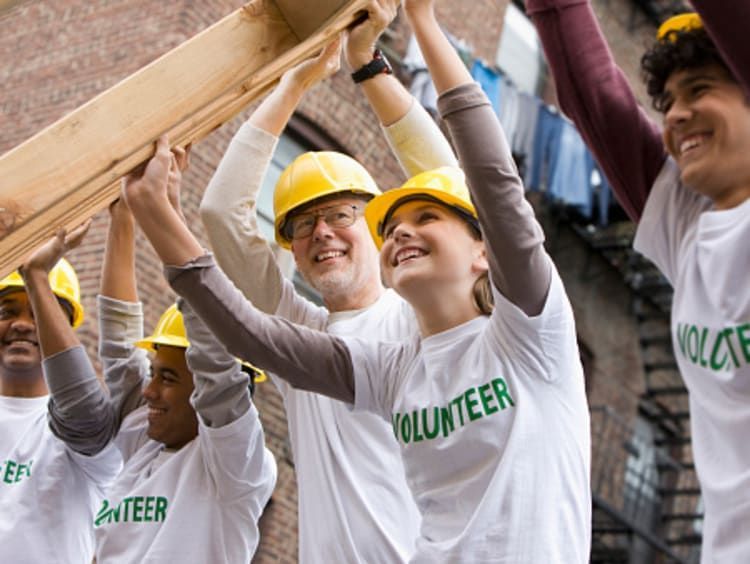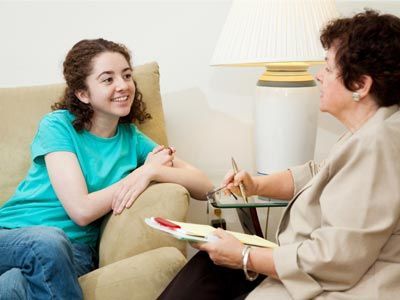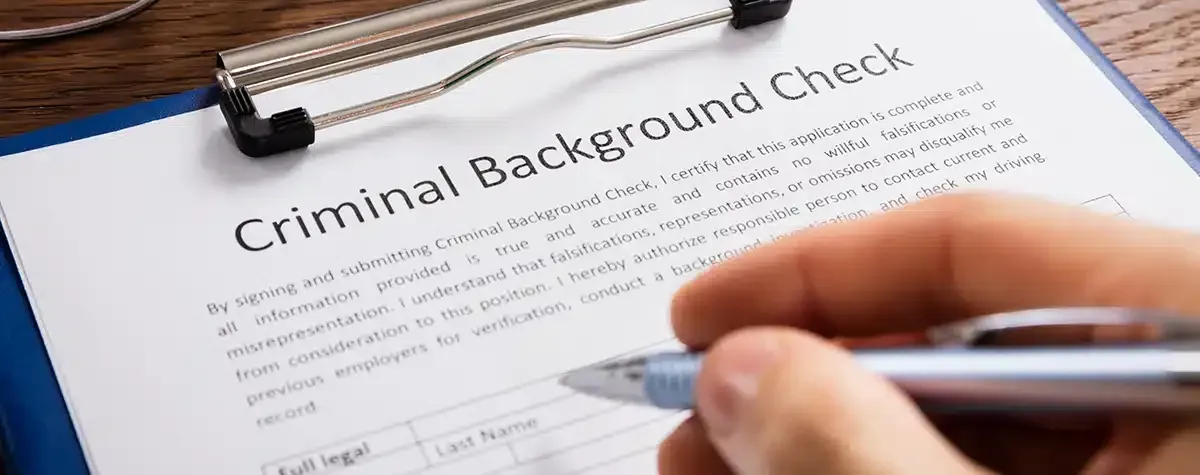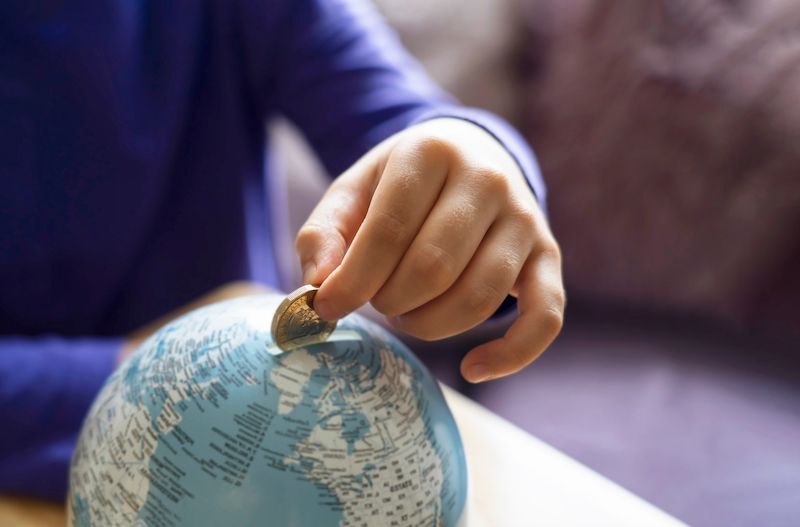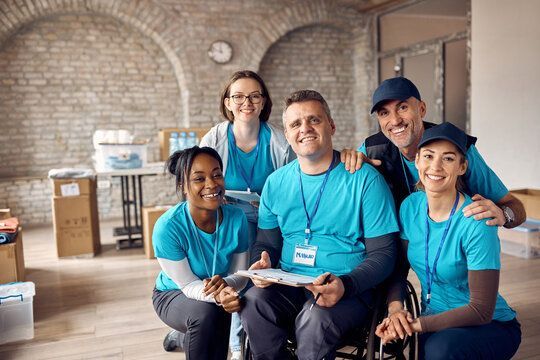Do NGOs Accept Volunteers with Disabilities? Yes, Here's Why
The answer is yes. This post dives into why NGOs value volunteers with disabilities, how these opportunities are structured to be inclusive, and what potential volunteers can expect. Whether you’re an individual with a disability seeking to contribute or a company looking to understand the landscape of inclusive volunteering, this comprehensive guide has you covered.
Why Do NGOs Accept Volunteers with Disabilities?
Embracing Diversity and Inclusion
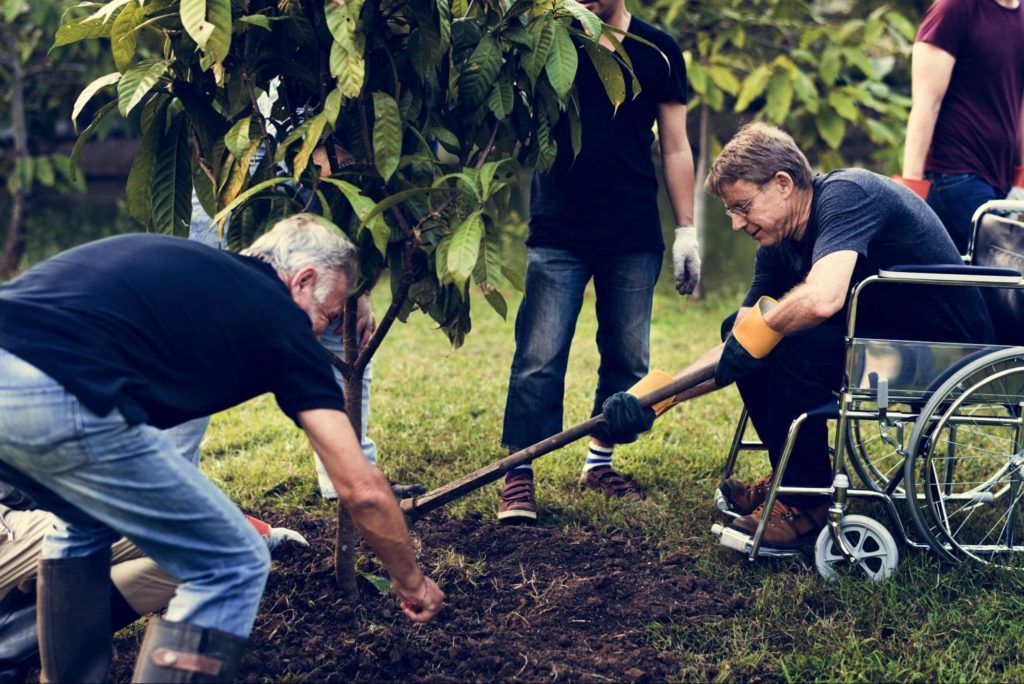
One of the key reasons NGOs accept volunteers with disabilities is that these organizations are often committed to creating inclusive communities. Disability-inclusive volunteering is not just about accommodation—it's about recognizing the unique contributions individuals with disabilities can make. Every person, regardless of ability, has distinct skills and perspectives, and NGOs aim to harness this diversity to foster innovation and drive social change.
Volunteering for NGOs with disabilities is a step towards achieving true social equity. By including disabled individuals, NGOs make a statement that diversity is a strength, enhancing their efforts toward community building.
Disability-Friendly Volunteer Opportunities for People with Disabilities
How NGOs Create Accessible Volunteering Opportunities
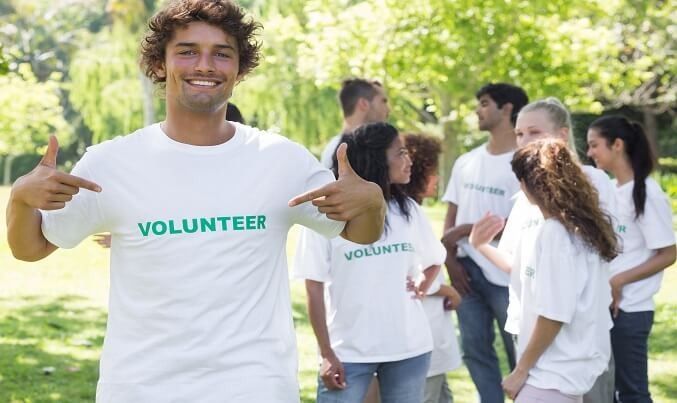
The path to inclusive volunteering begins with accessibility. NGOs ensure that volunteer roles are adaptive and accessible, taking into account the physical, mental, and emotional needs of individuals with disabilities. For example, volunteer opportunities for people with mobility challenges may involve remote tasks, such as research or digital advocacy. Other disability-friendly NGO volunteering roles may include administrative work, customer support, or event organization.
To illustrate this, let’s consider an NGO that organizes community outreach programs. They might enlist volunteers with disabilities to help plan events, communicate with beneficiaries, or assist with social media campaigns. By tailoring roles to fit individual abilities, NGOs make volunteering an empowering experience for everyone.
The Benefits of Disability-Inclusive Volunteer Programs
Personal Growth and Empowerment
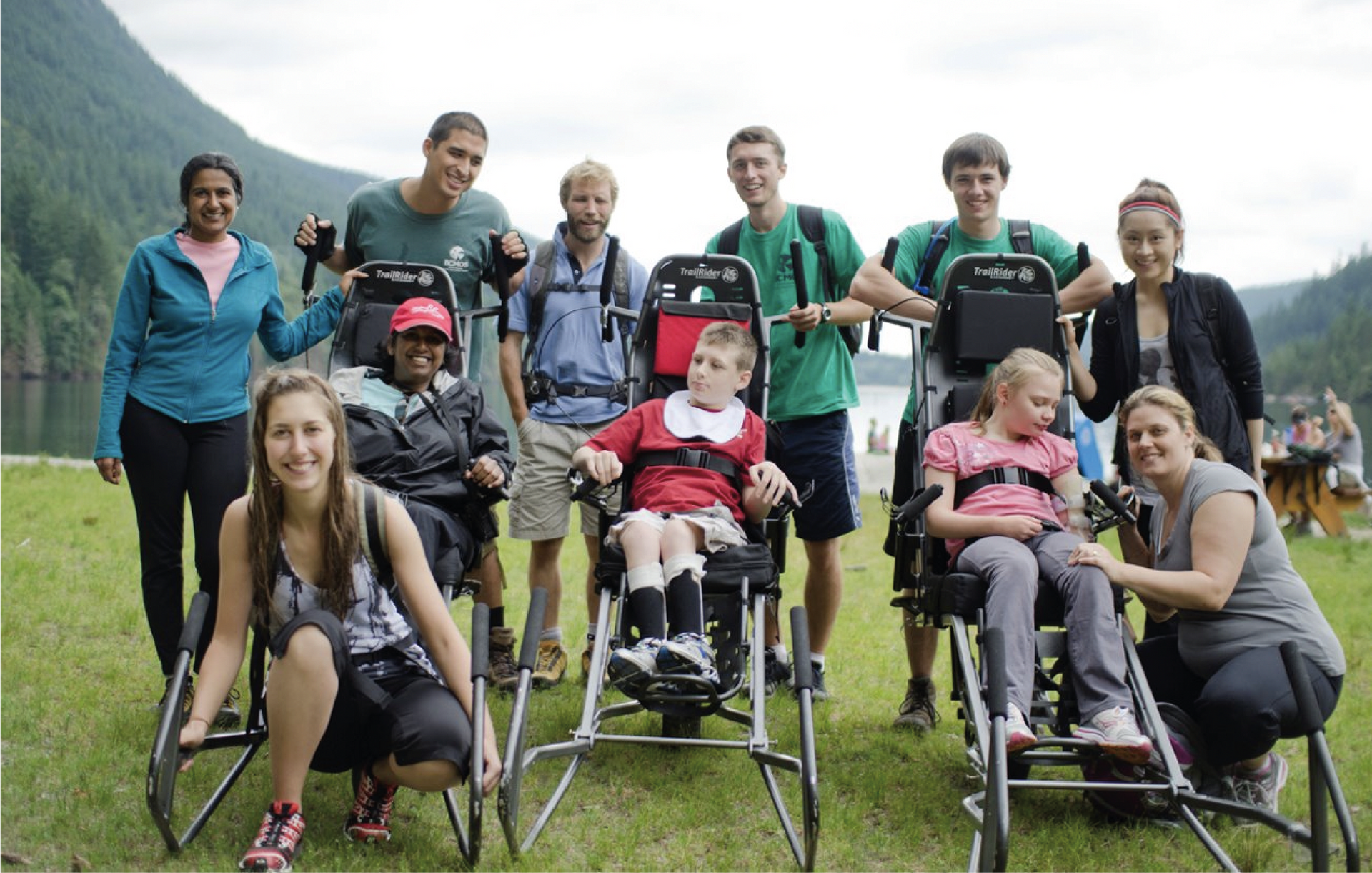
For volunteers with disabilities, participating in an NGO’s programs can be empowering on multiple levels. Volunteering can help build self-confidence, offer a sense of purpose, and enhance social connections—all while contributing meaningfully to society. The opportunity to work alongside others, solve problems, and achieve shared goals fosters personal growth and brings a sense of accomplishment.
Enriching the NGO Community
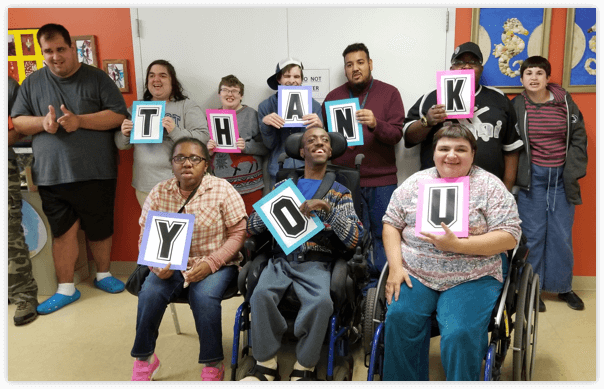
NGOs also benefit immensely from engaging disabled volunteers. Different life experiences offer fresh perspectives, leading to innovative solutions that might not have been considered otherwise. Disability-inclusive volunteering also sends a powerful message to the broader community—that everyone has something valuable to contribute. This not only promotes greater understanding but also helps shift social attitudes towards disability and inclusion.
NGOs Supporting Disabled Volunteers: Accessible Programs and Initiatives
Steps NGOs Take to Support Volunteers with Disabilities
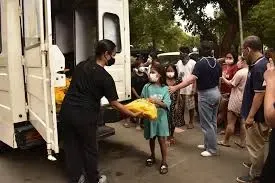
Many NGOs like
CleanUP are proactive in making their volunteer programs accessible.
These steps can range from providing physical accommodations—such as ramps and elevators—to creating flexible schedules and offering assistive technologies. Disability-friendly NGOs understand that accessibility is key to participation, and they work hard to eliminate barriers.
For instance, some NGOs offer online training and virtual volunteer opportunities, which can be more accessible for individuals with certain disabilities. Training programs are often adapted to suit different learning needs, ensuring that all volunteers, regardless of ability, can effectively contribute to the cause.
Conclusion
Volunteering is an act of empowerment—both for individuals and for communities. NGOs accept volunteers with disabilities because they understand the value of inclusion, the strength of diversity, and the power of community-driven change. From accessible volunteer programs to disability-friendly roles, these organizations are paving the way for a more inclusive society.

